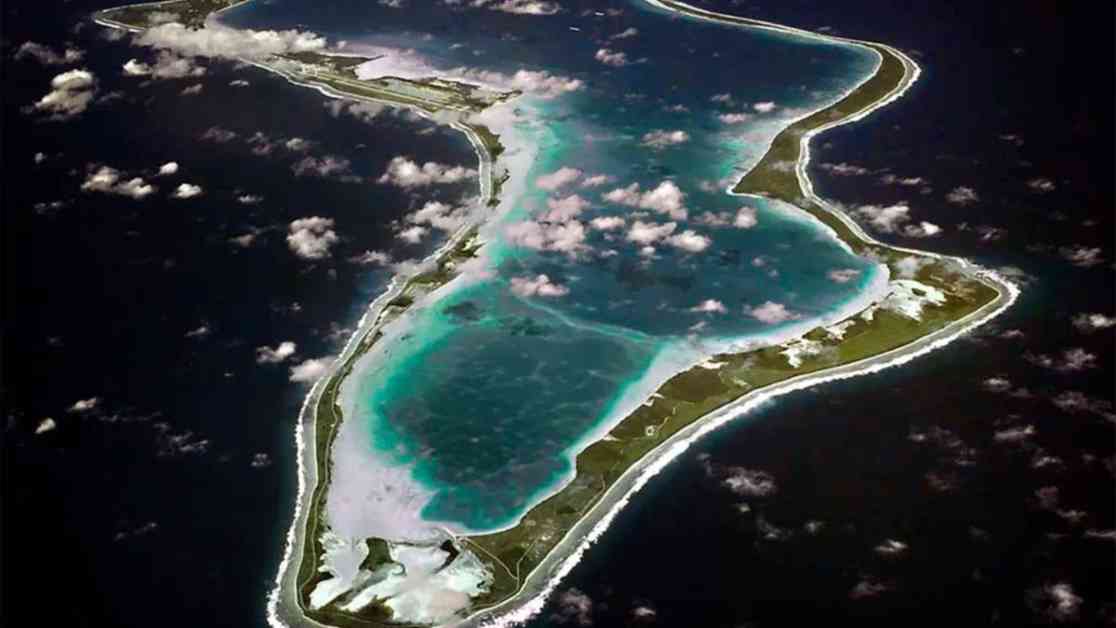Keir Starmer, the leader of the Labour Party, is facing accusations of national sabotage due to his proposed plans to surrender the Chagos Islands. The controversy stems from concessions offered to Mauritius, which include doubling the initial £9 billion cash handout for the 99-year lease of the Diego Garcia US military base. This move has sparked outrage, with critics condemning Starmer’s actions as detrimental to British interests.
Outrage and Accusations
The country’s Prime Minister, Navin Ramgoolam, has been vocal in his opposition to Starmer’s proposals. He has emphasized that Mauritius would have the right to veto any attempt by the UK to extend the lease of the military base by an additional 40 years. This assertion has fueled concerns about the long-term implications of the deal and its impact on national security.
Shadow Cabinet Minister Robert Jenrick did not mince words in his criticism of Starmer, labeling the plans as “traitorous levels of national sabotage.” Similarly, Conservative leader Kemi Badenoch condemned the deal, stating, “Starmer’s foolish agreement is only growing worse with each passing minute. He is effectively surrendering British territory and paying for the privilege.”
Negotiations and Financial Implications
In response to the backlash, Mr. Ramgoolam has outlined key details of the proposed agreement, shedding light on the financial aspects involved. He has suggested that annual payments from the UK to Mauritius would be frontloaded and adjusted for inflation, potentially doubling the current £90 million annual expense. This strategic approach aims to ensure that the financial benefits remain viable over the lease period, preventing the erosion of value over time.
“We have to be inflation-proof,” Mr. Ramgoolam emphasized. “What’s the point of receiving money only to have its value diminished by the end? We have conducted thorough calculations to safeguard our interests in this negotiation.” These insights provide a glimpse into the complexities of the financial arrangements underpinning the controversial deal.
In a statement, Downing Street reiterated the UK’s commitment to prioritizing national interests and safeguarding national security in any agreement reached. The government’s stance reflects a balancing act between economic considerations and strategic imperatives, underscoring the intricacies of international negotiations and geopolitical dynamics.
As the debate surrounding the fate of the Chagos Islands intensifies, the implications of Starmer’s proposed plans continue to resonate across political circles. The clash of interests, values, and sovereignty underscores the complexities inherent in international relations and underscores the challenges of navigating competing priorities on the global stage. The resolution of this contentious issue remains uncertain, with the repercussions of the decision likely to reverberate for years to come.













